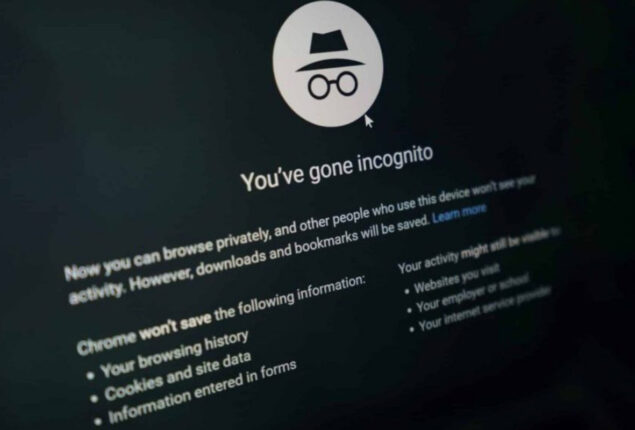Problem in Google Chrome could allow malicious websites to alter your clipboard
User must allow a clipboard writing event to occur on web pages....

Fingerprint will be required to unlock the Incognito tab in Google Chrome
On Android, Google Chrome’s Incognito mode will soon receive an additional security measure. A Privacy Screen feature on various Google apps that required Touch or Face ID for identification was already available on iOS devices, but it is now now available on Android devices as well.
Soon, Chrome for Android will include fingerprint authentication for Incognito tab security. When you close Chrome with private tabs open, the programme immediately locks them behind biometric authentication.
When you restart Chrome, a grey screen with the Incognito logo in the middle will appear. The text on the page will read “Unlock Incognito,” and clicking on it will take you to a screen that requires your fingerprint to unlock it. On the bottom left, there is a PIN option as well. You can return to your regular tabs using other options while the overflow functionality stays in the same place.
When you need to give someone else access to your phone but yet want to keep your private tabs open, this could be useful. When you exit Chrome, go to Settings > Privacy and Security > Lock Incognito Tabs to manually turn it off.
Since the feature has not yet been widely implemented, some users will have to wait before using it. However, to test the function out for yourself, type the following into the URL bar of your browser:
“chrome://flags/#incognito-reauthentication-for-android”
Other Google programmes, including Drive, Search, Fi, Chrome, and Authenticator for iOS devices, already support fingerprint verification. Although it is called “Privacy Screen,” Android still need a larger implementation of this feature.
It shouldn’t take long for everyone to be able to utilize it now that the roll out has begun.
Catch all the Sci-Tech News, Breaking News Event and Latest News Updates on The BOL News
Download The BOL News App to get the Daily News Update & Follow us on Google News.